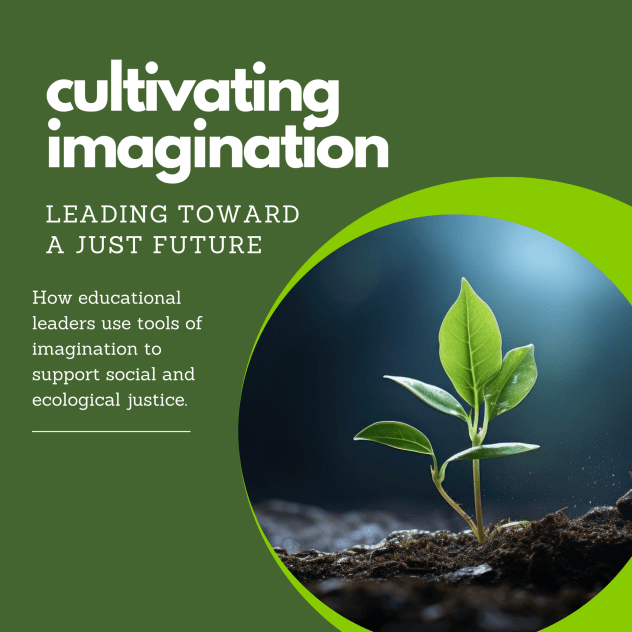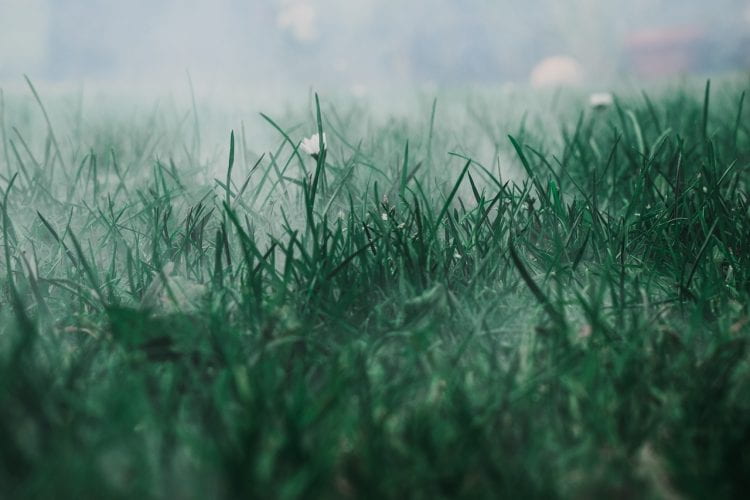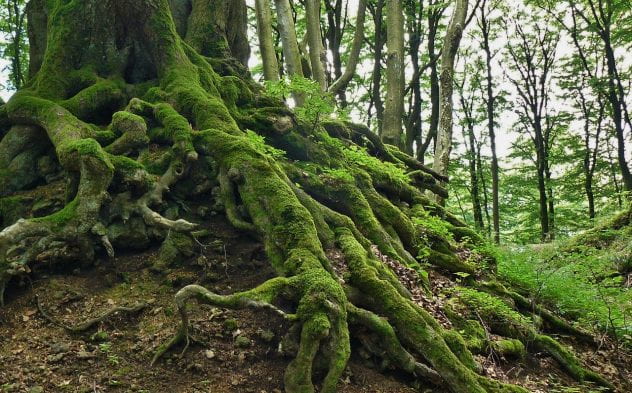By Sean Blenkinsop, professor in the faculty of education at Simon Fraser University
 Last Tuesday I had the opportunity to be part of a dialogue with Andy Hargreaves where we explored ideas connected to educational leadership and the imagination. And, thanks to all present, it was an interesting and engaging hour though we might have needed a touch more time to solve all the world’s problems. Happily, once we signed-off I still had a couple of things to mull over. The most pertinent to this blog had to do with uncertainty. Both a recognition of its ubiquitous presence in today’s lived world – we really don’t know where this wee planet is headed – and a wondering as to how we might educate for more comfort with, and leadership during, these times of deep uncertainty.
Last Tuesday I had the opportunity to be part of a dialogue with Andy Hargreaves where we explored ideas connected to educational leadership and the imagination. And, thanks to all present, it was an interesting and engaging hour though we might have needed a touch more time to solve all the world’s problems. Happily, once we signed-off I still had a couple of things to mull over. The most pertinent to this blog had to do with uncertainty. Both a recognition of its ubiquitous presence in today’s lived world – we really don’t know where this wee planet is headed – and a wondering as to how we might educate for more comfort with, and leadership during, these times of deep uncertainty.
As I was reflecting on the discussion, I felt I could hear this motif of uncertainty reverberating all the way down as it were. There is clearly uncertainty about where the world is headed and most folks appear to feel this while responding in various, sometimes worrisome, ways (e.g. the rise of eco-anxiety and these intentional psychic moves that are being made to “not know”). It is also being responded to in hope/full, as in grass-rooted participatory, “I am/we are here” (to borrow from Lyanda Haupt) ways. Yet the response to this uncertainty appears to be calling for more than behavioural change (though that is clearly important). Underneath this layer of what is going to happen next, I could hear epistemological, axiological, ontological, and perhaps even cosmological uncertainty. And I began to wonder, what happens if we embrace these uncertainties? Might this actually be what is needed? Maybe it is this very uncertainty that allows the imagination to come into its own.
I do worry that as leaders and educators in our striving for control we may be inhibiting the possibilities for change. That is, in acknowledging, sitting with, even embracing uncertainty, new and re-newed ways of knowing, being, finding goodness can not only be imagined but actually be supported and sustained into existence. If change is going to happen, might it not help to find ways to release control and embrace the uncertainty, even just a wee bit? What happens if we allow space for uncertainty with regards to learning outcomes, or behaviour, or curricular content, or what is known, or what it means to be good and human?
Take epistemology for instance. What happens to education if we accept that there are uncertainties related to the assumptions that undergird what we think knowledge is, where it is located, and how it is being held? Might we begin to imagine into a world where knowledge is shared between and amongst not just humans but also with the-more-than human? Might we teach in schools where the Red Cedar and the Douglas Squirrel are seen as teachers and where the place and its denizens are offering gifts of ideas into a shared imaginative space that all might access? Might we loosen the human- and expert-centred knowledge assumptions that drive much of Canadian schooling today? And might knowledge be understood as being itself always somewhat uncertain?
I sense that in raising intriguing epistemological uncertainties we might also begin imagining into different pedagogies. Practices that include the natural world as knowledge-holder and gift sharer. Learnings that can only be held in community and probably many other things that I can’t yet imagine. Without allowing space in epistemology for uncertainty we force ourselves into what Zajonc calls an epistemology of separation while at the same time furthering the more “extractive”, colonial even, ways of knowing. Ways that only happen on human (a particular form thereof) terms. Knowledge when and how we want it with no thought given to how the tree or the nut-collector might want to be known, or not known.
Finally, I am drawn to wonder if and how the imagination challenged by acknowledgement of uncertainty might begin to expand the range of possibilities that exist for students in terms of who and how they might be and become in the world. If part of the problem, the reason for the crises is related to a particular cultural form that is overly individualized, anthropocentric, competitive, hierarchical, too certain, then maybe, just maybe, finding ways to make that way of being uncertain will allow for other ways of being human to emerge. Ways that are less isolated and destructive. Ways that can embrace uncertainty, expand the imagination, and release, a little, the desire for control.
Haupt, L. (2021). Rooted: Life at the Crossroads of Science, Nature, and Spirit. New York, NY: Little, Brown Spark.
Zajonc, A. (2006). Love and Knowledge: Recovering the Heart of Learning Through Contemplation. Teachers College Record Volume 108 (9), pp. 1742–1759.
Hear more from our leaders in the Cultivating Imagination podcast series.


